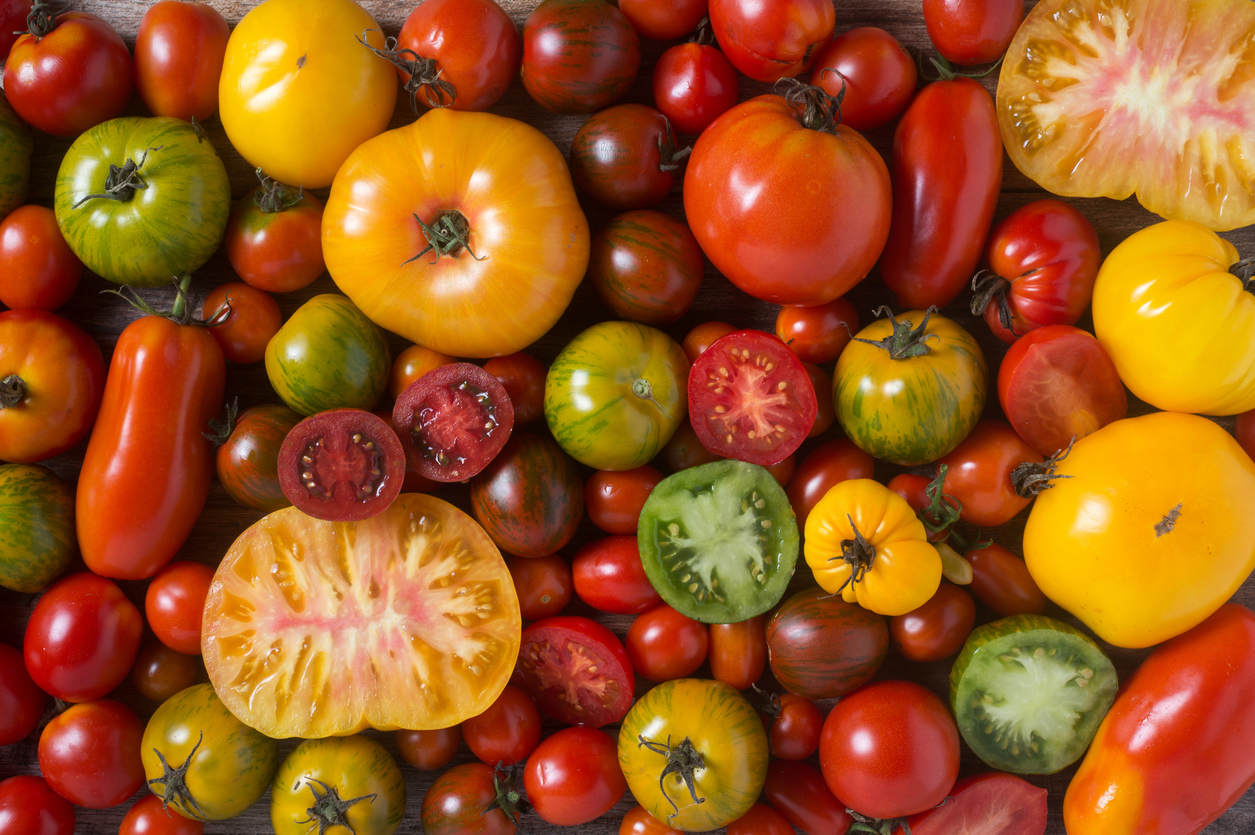
Plant-Based Biosensor Could be Key to Timing Fruit Ripening
October 1, 2025| |
Researchers have developed a novel plant-based biosensor to detect the presence of the fruit ripening hormone ethylene. This sensor uses a specially engineered plant line where areas with ethylene will glow (using a fluorescent protein gene) or turn blue (using an enzyme gene). This visual change allows scientists to see exactly which cells and tissues respond to ethylene under various conditions.
The biosensor will help researchers better study ethylene's role beyond fruit ripening, including its impact on pathogen response, nodulation, and parasitic plant relationships. It could also be adapted to control the speed of fruit ripening. By fusing the biosensor to a gene that inhibits ripening, the presence of ethylene could be used to slow down the process, potentially leading to reduced loss of fruits and vegetables due to overripening and deterioration.
Anna Stepanova, a professor in the Department of Plant and Microbial Biology at North Carolina State University and corresponding author of a paper describing the research, said that they are collaborating with international researchers to leverage the biosensor's DNA to create new sensors that can simultaneously monitor multiple plant hormones to understand their complex interactions during processes like growth, heat stress, and infections.
For more details, read the news article in the NC State University CALS News.
| |
You might also like:
- Researchers Identify Gene Regulating Flowering Time and Leaf Angle in Rapeseed
- Role of Ethylene in Improving Resistance of Tomato Against Botrytis cinerea Revealed
- Researchers Identify Three Genes Involved in Melon Ripening
Biotech Updates is a weekly newsletter of ISAAA, a not-for-profit organization. It is distributed for free to over 22,000 subscribers worldwide to inform them about the key developments in biosciences, especially in biotechnology. Your support will help us in our mission to feed the world with knowledge. You can help by donating as little as $10.
-
See more articles:
-
Plant
- Improved CRISPR-Cas Boosts Tomato's Gene Editing Efficiency
- Argentina Approves GM Soybean DBN8205
- USDA APHIS Deregulates GE Insect Resistant Corn
- Bangladeshi Farmers Gain Higher Yields and Profits from Bt Brinjal
-
Food
- Plant-Based Biosensor Could be Key to Timing Fruit Ripening
- Experts Highlight Hybrid Foods as Meat Alternatives
- John Innes Centre and Quadram Institute to Conduct Gene-Edited Tomato Food Trial
-
Environment
- University of Warwick Develops Strategies to Boost Protein Production from Engineered Cells
-
Read the latest: - Biotech Updates (February 18, 2026)
- Gene Editing Supplement (January 28, 2026)
- Gene Drive Supplement (February 22, 2023)
-
Subscribe to BU: - Share
- Tweet

